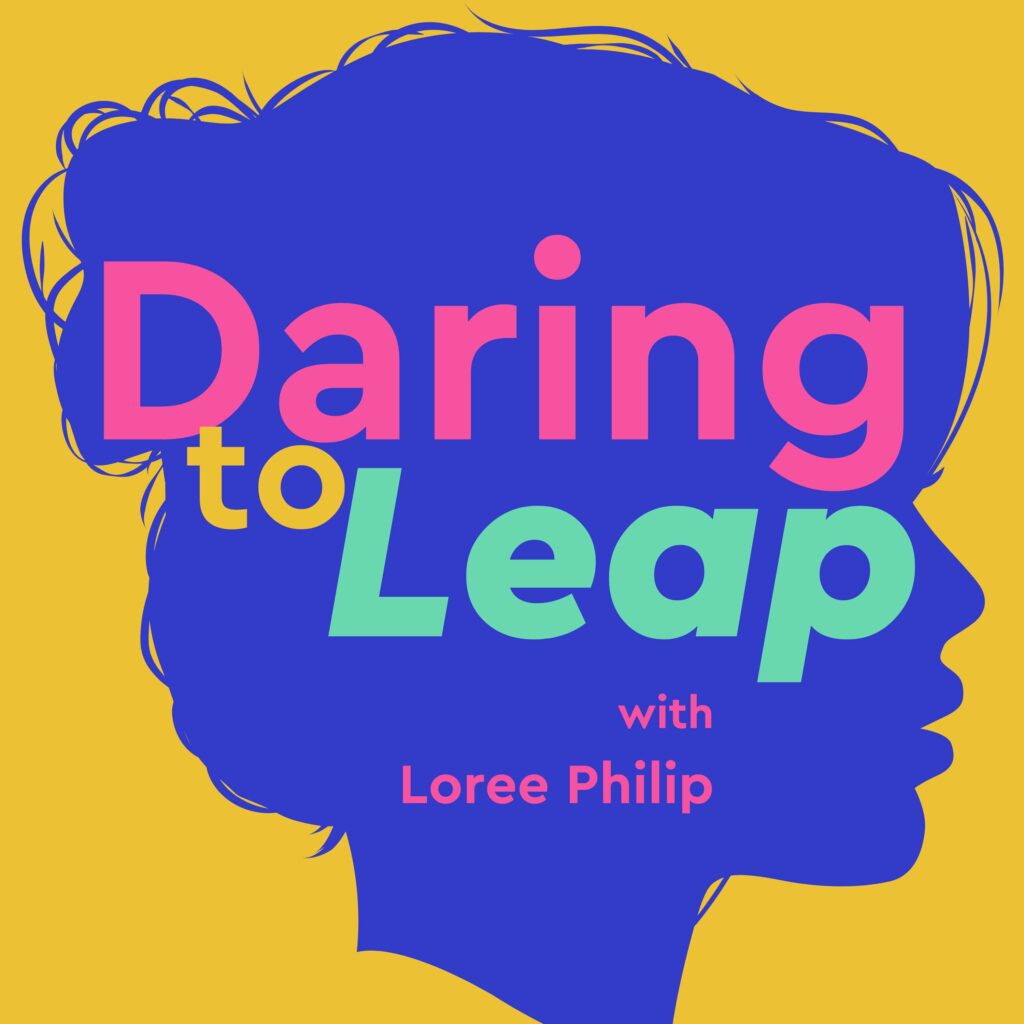Have you ever wondered why your career isn’t progressing as you hoped? Are hidden saboteurs undermining your career potential?
In the latest episode of Daring to Leap, Loree Philip hosts an insightful conversation with Rosie Zilinskas, the driving force behind No Woman Left Behind, a certified high-performance coach, and a corporate leader with over three decades of experience. Rosie shares her expertise on empowering women in the corporate world and reveals the three common ways we sabotage our careers and how to avoid them.
This episode goes beyond typical career advice, diving deep into the mindset shifts and strategic actions necessary to achieve career success.
By listening to this episode, you’ll:
- Discover the impact of self-worth on career advancement: Learn why feeling deserving of success is crucial and how to build a strong foundation of self-worth.
- Understand the difference between a fixed mindset and a growth mindset: Gain insights into how adopting a growth mindset can transform feedback into opportunities for improvement.
- Learn the importance of having a focused career strategy: Understand why a custom career roadmap is essential and how to create one to guide your career path intentionally.
- Gain practical tips on career development: Discover how to prepare for career advancements, including seeking feedback from colleagues and creating a story vault for interviews.
- Realize the value of preparation and self-advocacy: Learn how to campaign for yourself and be proactive in your career planning to achieve long-term success.
By the end of this episode, you’ll be equipped with actionable strategies to avoid career saboteurs and advance confidently in your professional journey. So why wait? Hit play and start transforming your career trajectory today!
Connect with Rosie:
http://www.nowomanleftbehind.com/
Connect with Loree:
Instagram – @loreephilip
LinkedIn – @loree-philip
